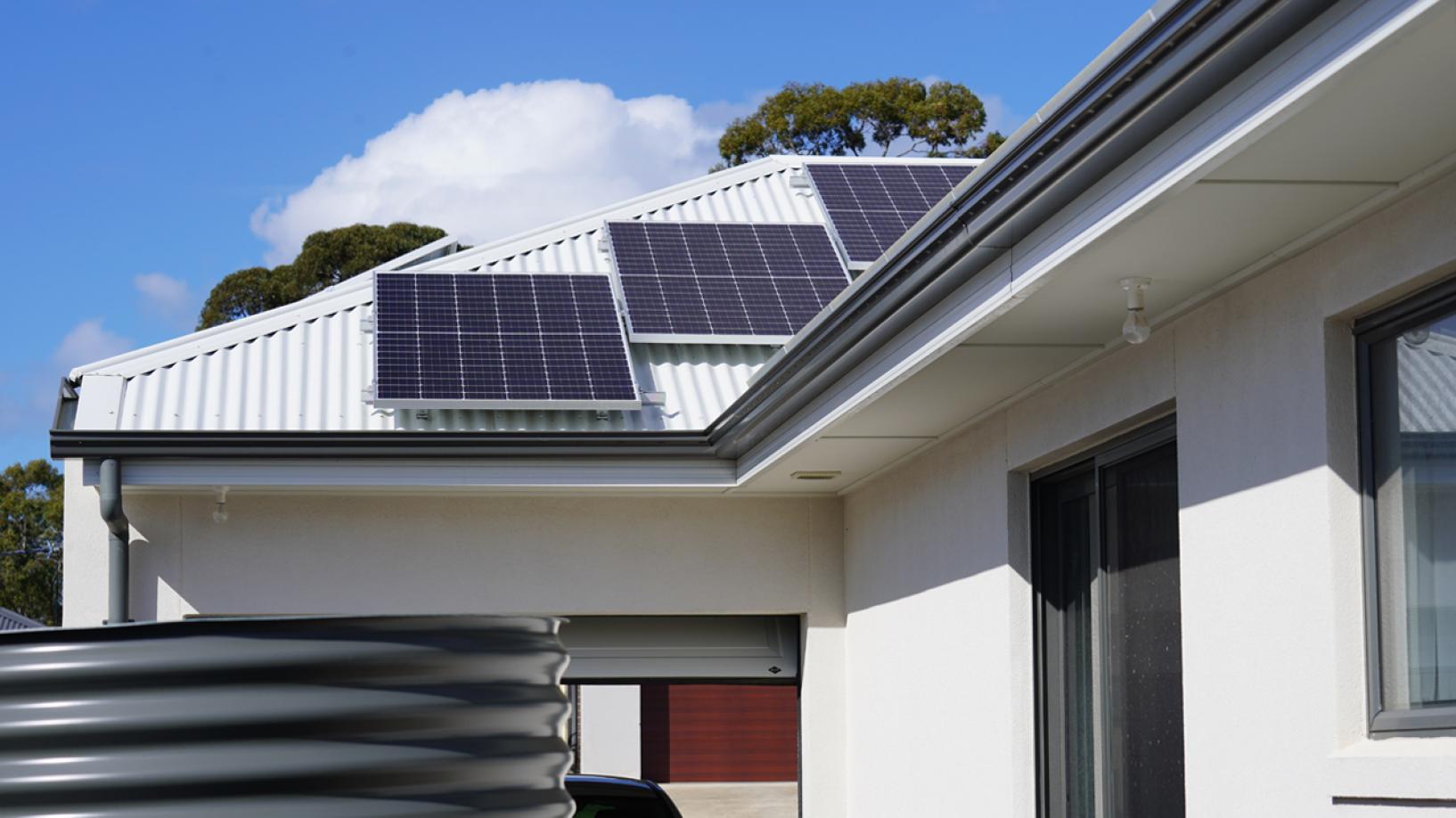From the CEO
Paul Keating memorably said: ‘when you change the government you change the country’. That’s true, of course, but, as I write this, I’m reflecting that it doesn’t always work so simply. Sometimes you arrive in government just as the country is washed over by a wave of externally-driven, convulsive change. Sometimes, those early days of government also change you and give pause to reflect or build on the plans you had before your arrival.
We saw that in 2008 when Barack Obama promised ‘hope and change’ but took office just as a global financial crisis was breaking upon American institutions. We might be seeing it again in this moment, when it comes to the challenges facing the energy system in this country.
Of course, we congratulate the incoming Albanese Government and welcome a new Climate Change and Energy Minister (but no stranger to the portfolio and the reality of its challenges) in Chris Bowen.
The new government arrives with big plans that have great potential to help deliver an affordable, secure and clean energy future. Electric Vehicle uptake is to be boosted and a multi-billion dollar investment in transmission is promised through the Rewiring the Nation Plan , as are community batteries across the country. There is a new sense of urgency and a commitment to a coherent policy framework. What might have been thought of as the limit points around policy and possibility just a few weeks ago have shifted.
But there are huge challenges too. Our message to the incoming government is simple.
Australians can’t afford for us to get these challenges wrong. Our success as a nation depends on adapting to change and meeting future needs (to quote Paul Keating again).
In the past two weeks, the community has experienced shock as successive regulators announced electricity price increases from 1 July 2022 ranging from 5% to 20% around the country. Expectations are that electricity prices could remain high for some time and as a result many households and small businesses will struggle with higher bills. Further adding to anxiety, are concerns about gas shortages and spiking gas prices, as we experience a colder than usual winter and gas is needed to make up the significant shortfall in coal generation.
And all of that’s before we even take into account consumer bewilderment around the health of our retailers, with high wholesale prices causing some electricity and gas retailers to already close their doors amid well-publicised cases of others telling their customers to go elsewhere.
In this period, the role of Energy Consumers Australia is pivotal. We’ve been talking with governments and with market bodies to make sure consumers have access to clear information and much-needed direct assistance. We’ve also been reassuring consumers that they are not powerless: there are concrete things they can do in their own homes and businesses to be more energy wise.
We are also still focused on the longer term. For the incoming Government and for the nation’s energy ministers, I’d say the system-level challenge is not too different to the household-level one. It’s all about productivity and making smarter use of the resources we already have.
Addressing affordability needs to be a two-speed task. In the short term, households and small businesses need help from their governments as they face testing cost-of-living pressures.
In the longer term, we cannot simply build our way to a clean energy transition that includes all Australians and leaves none behind. Massive investment in transmission, coupled with across-the board-electrification can deliver a net zero economy but it can’t, on its own, deliver one in which energy is affordable for everybody.
More renewable energy, enabled by increased investment in transmission, distribution and storage capacity will ultimately bring electricity prices down and reduce our vulnerability to global fossil fuel prices. But these benefits will take years to eventuate, perhaps even a decade. In the meantime, a lack of planning, co-ordination and foresight could result in significant costs swiftly being passed through into electricity prices.
What can governments do to make sure they are keeping bills as low as possible while still investing in the future infrastructure we will need? A great place to start is with the energy efficiency of our homes. Most Australian houses and apartments are leaky and poorly insulated -- closer to a tent than to a modern standard for an energy efficient house or apartment.
It won’t be easy to address this but, in a context where tens of billions are earmarked for supply side solutions (such as transmission investment) it will be critical to also prioritise investment in the demand side. That means minimum efficiency standards for renters, it means a shift to six-star or better energy rating requirements for new buildings. Most challengingly – it means a major program to retrofit 8-10 million homes that are currently using far more energy than they should, because they are so inefficient.
It's time to fix that. Time to do something big and ambitious. We know there is a “double dividend” from alleviating cost of living pressures due to high energy costs and significantly reducing emissions. It won’t be easy (otherwise, we’d already have done it). This kind of action requires building a skilled base of tradespeople who can carry out the work. It requires systems thinking about how to sequence such a mammoth undertaking. And it requires collaboration under a national partnership across governments, industry and the energy, building and other sectors.
But we know it will be a huge positive for Australia. It will create jobs and whole new industries. It will reduce pressure on our strained electricity grid, and – most importantly – it will allow millions of Australians to live in safer, healthier and more comfortable homes while providing them with energy that is more affordable.
We are ready to play our part in helping drive change in this critical area.
Lynne Gallagher
Chief Executive Officer
